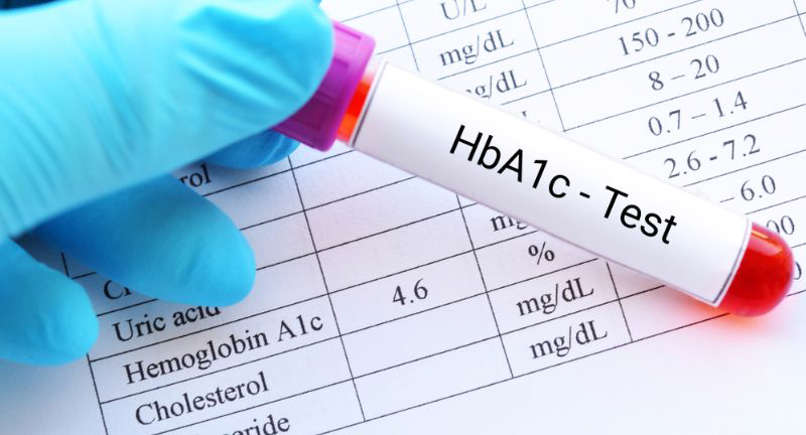Testing for fasting glucose and HbA1c are two different methods for assessing blood sugar levels, each providing distinct information about a person’s glucose control and potential risk for diabetes.
Both tests are valuable in managing and diagnosing diabetes but serve different purposes. Fasting glucose is useful for an immediate snapshot of blood sugar levels, while HbA1c provides a long-term overview of glucose control. Together, they can offer a comprehensive view of an individual’s glucose metabolism and help guide treatment decisions.
Fasting Glucose Test: Measures the level of glucose in the blood after a period of fasting, usually 8-12 hours without eating.
Normal Range:
Typically, normal fasting glucose levels are between 70-99 mg/dL.
Levels of 100-125 mg/dL indicate prediabetes.
Levels of 126 mg/dL or higher on two separate tests indicate diabetes.
HbA1c Test (Hemoglobin A1c: Measures the average blood glucose levels over the past 2-3 months.
A blood sample is taken at any time of the day; fasting is not required.
The test measures the percentage of hemoglobin in the blood that is glycated (coated with sugar).
Normal Range:
Typically, normal HbA1c levels are below 5.7%.
Levels of 5.7%-6.4% indicate prediabetes.
Levels of 6.5% or higher on two separate tests indicate diabetes.
Fasting Glucose is an immediate assessment, helpful in acute situations or for diagnosing diabetes when combined with other tests.
HbA1c is Better for understanding long-term glucose control and managing chronic conditions like diabetes.
Fasting Glucose can be affected by recent meals, stress, sleep, illness, or medications.
HbA1c is less influenced by short-term fluctuations and more stable over time.
This website is for educational purposes only. No information provided constitutes medical advice. The contents are not intended as a substitute for professional medical advice, diagnosis or treatment. Never disregard or delay seeking professional medical advice or treatment because of any information you have read on this website.
Please consult your physician for personalized medical attention.

